Switzerland
European Space Industry Employment, 2011-2021
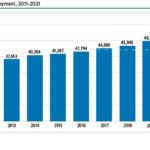
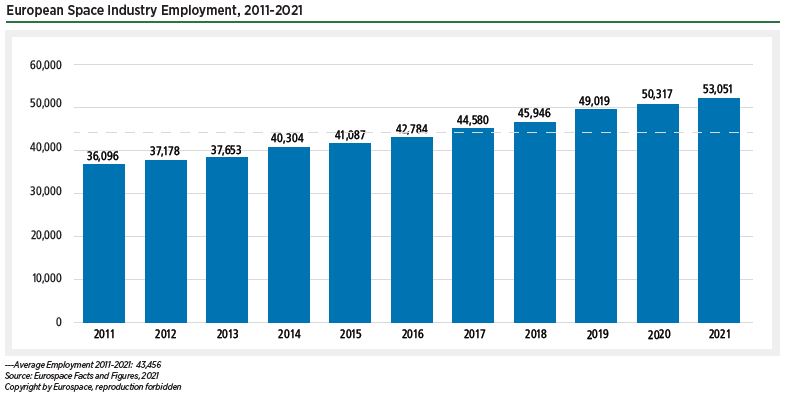
European space employment was 53,051 in 2021, an increase of 5.4% from the total of 50,317 from 2020. This estimate is based on analysis by Eurospace, the trade association of the European Space Industry. The analysis focuses on the space manufacturing industry; space services companies such as Ariane- space, SES, Eutelsat, and Inmarsat which also employ thousands of individuals, are not included.
Europe Continues to Lead in Global Workforce Job Growth
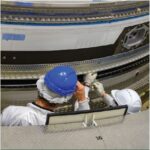
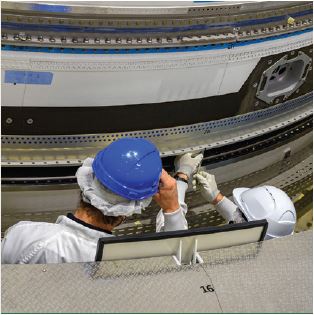
The space industry relies on skilled individuals from a wide variety of fields to enable the cutting-edge developments taking place in this sector. While many countries do not regularly produce metrics on the size of their workforce, these data are available for several major space actors, including the United States, Europe, Japan, and India.
2021 TSRQ3 – Six Telescope Launches to Watch this Decade

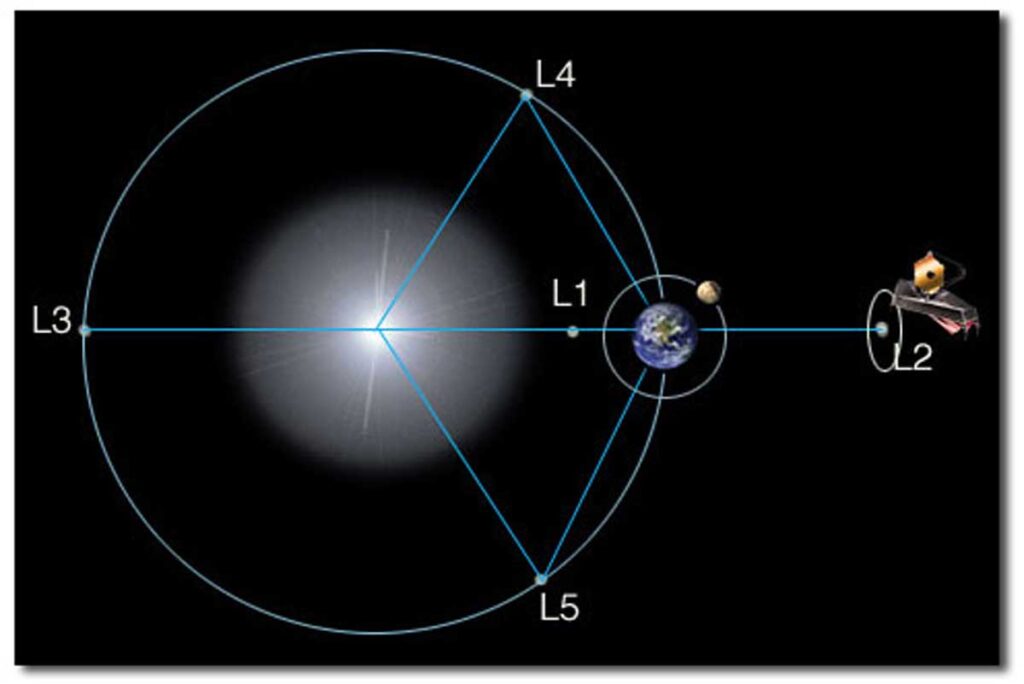
Barring schedule slips, a half dozen of the most powerful telescopes ever imagined will launch this decade. The most notable, NASA’s James Webb Space Telescope, is set to launch Dec. 18, 2021, kicking off a new era of cosmology . . .
2021 TSR – Space Symposium Special Edition: Global Space Economy Climbs Despite Pandemic, Disrupted Government Spending
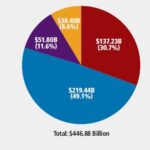
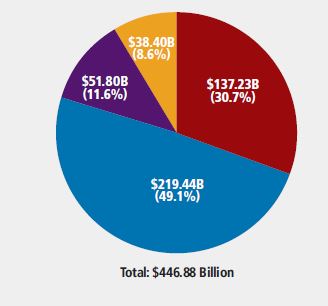
The global space economy reached a new high of nearly $447 billion in 2020, an increase of 4.4% from a revised 2019 figure of $428 billion. The 2020 figure is 50% greater than a decade ago, and 176% greater than . . .
2019 TSRQ3 – Education STEM Proficiency
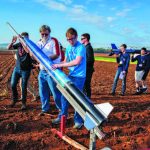
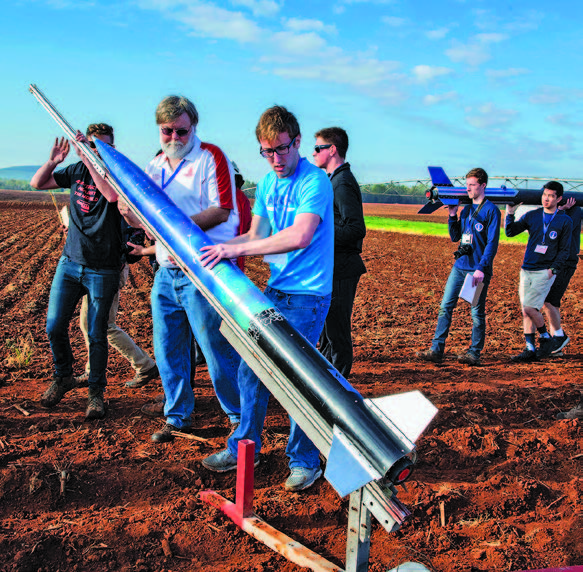
The science, technology, engineering, and mathematics (STEM) workforce is at the core of the space industry—from the mathematicians and astronomers who analyze space to the engineers who design and build the launch vehicles that get us there. This workforce is enabled . . .
2019 TSRQ2 – Economy: Non-U.S. Government Space Investment

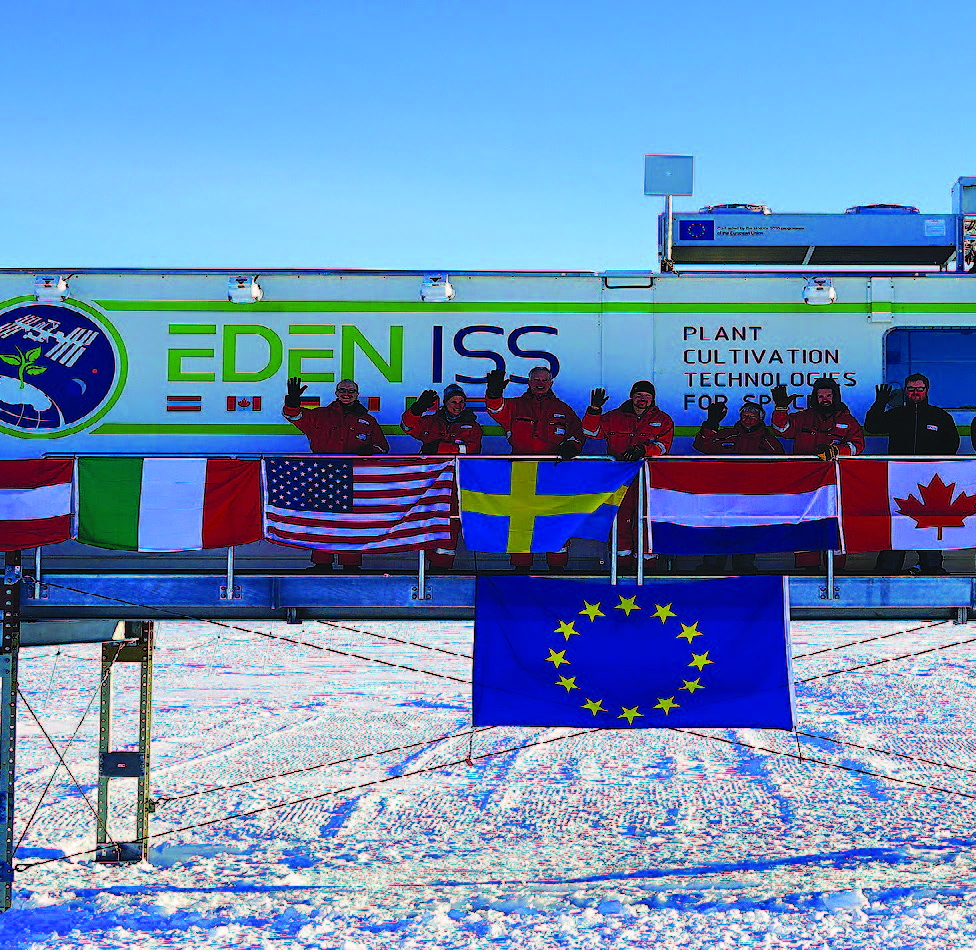
Growth in the government investment sector of the space economy outpaced commercial sectors as the U.S. and non-U.S. government shares of the global space economy between 2017 and 2018. . .
European Space Industry Workforce by Country 2000 – 2020
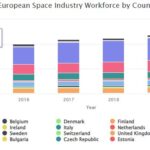
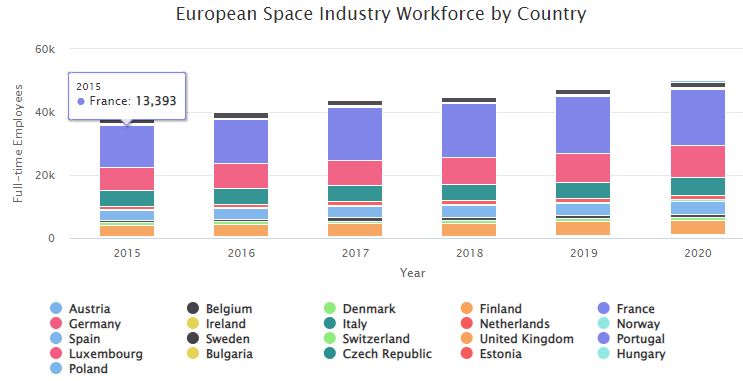
Stacked bar chart showing a twenty-year look at the European space industry workforce by country 2000 – 2020
2014 – Additional Country Space Budgets
Around the globe, many smaller nations—whether in terms of economy or population size—are investing in space projects or programs. The exhibit below shows the most recent available annual budget for civil space activities in a number of selected space states.
2005 – ISS
The largest in-space platform ever constructed is the International Space Station (ISS). “Led by the United States, the ISS draws upon the scientific and technological resources of 16 nations: Canada, Japan, Russia, 11 nations of the European Space Agency [Belgium, Denmark, France, Germany, Italy, the Netherlands, Norway, Spain, Sweden, Switzerland, and the United Kingdom], and Brazil,” according to NASA.